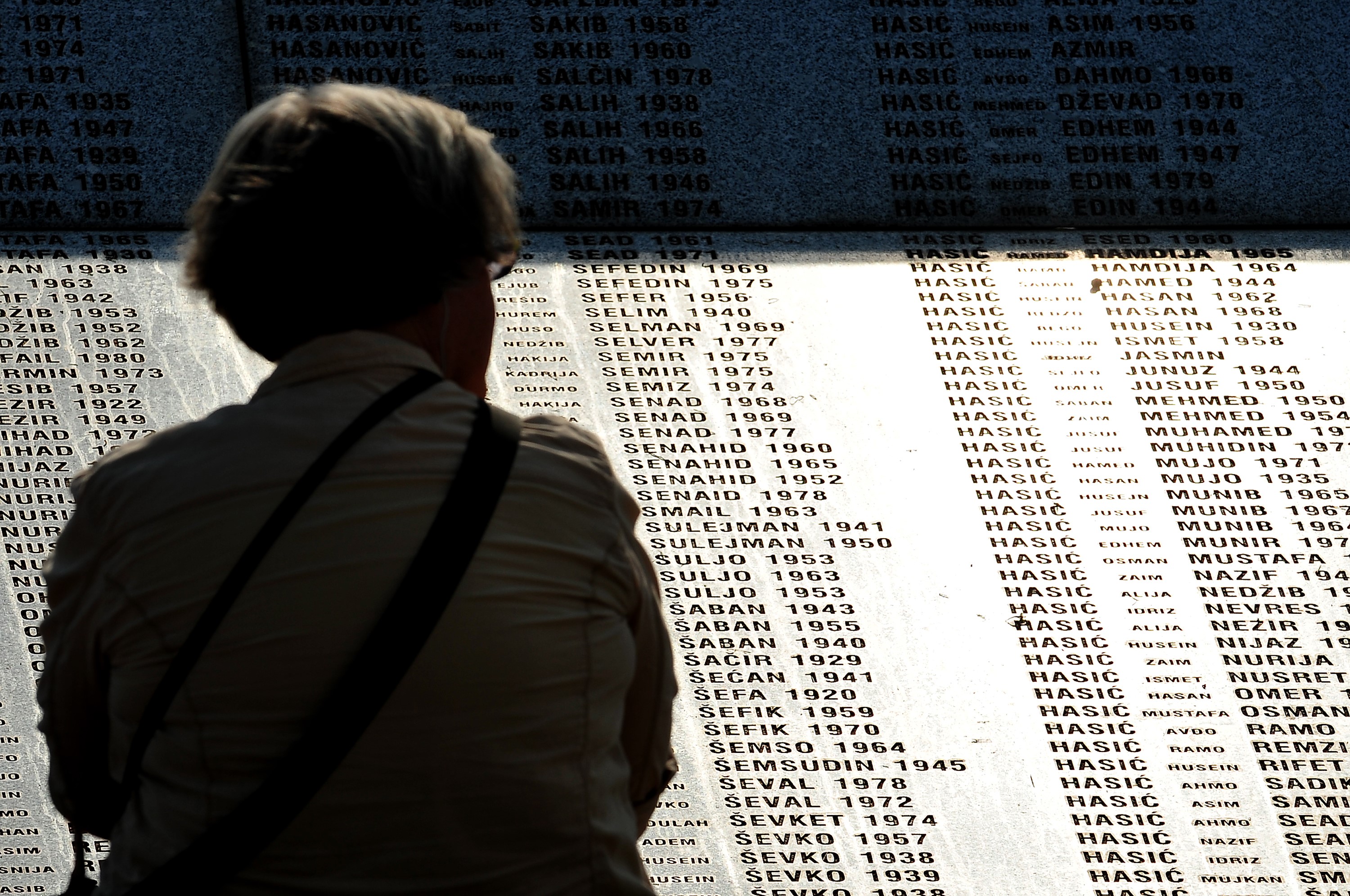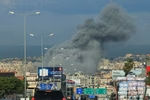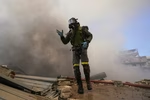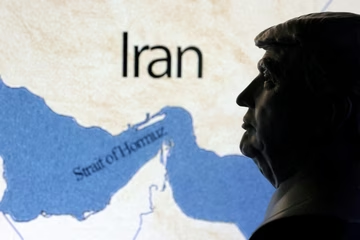
After Bosnian Serb authorities announced they would form a new commission to probe what happened in Srebrenica during the 1992-1995 war, the International Commission on Missing Persons (ICMP) said Monday that it has already been established that a genocide was committed there and that there was “no room for revisionism.”
The government of the Serb-majority part of Bosnia, Republika Srpska (RS), said the international commission would investigate the suffering of Serbs in Sarajevo and of all people in the eastern town of Srebrenica during the 1992-95 Bosnian war.
The move came after the current Bosnian Serb government annulled a report of a previous government which had investigated the event and concluded that the crime had been committed.
The conclusion was in line with the rulings of two international courts which established that the massacre of some 8,000 Muslim men and boys was an act of genocide.
The two new teams are being formed, as the RS officials said, to “reconcile these and future generations.”
Despite their own finding from 2004, RS top officials, most of all those from the ruling Alliance of Independent Social Democrats (SNSD), have been denying the massacre was a genocide.
The families of the victims expressed concern that the establishment of the new commissions is only another attempt to deny it again.
“The facts established by the RS Government Report 15 years ago have been confirmed by international and domestic criminal courts, and they are supported by systematic forensic work conducted by the ICMP.” the organisation said.
The ICMP said that more than 8,000 people were reported missing from when the Srebrenica and Zepa UN Safe Areas fell in July 1995 and that 6,979 of them have already been identified through DNA analysis.
Only 84 were identified before the DNA-led process began being implemented in 2001, the organisation said, adding that “DNA identifications are based on a minimum certainty of 99.95 per cent.”
“This means that the identity of the vast majority of persons who went missing in Srebrenica and Zepa has been scientifically and conclusively established,” it said.
The data has been used as evidence before the International Criminal Tribunal for the Former Yugoslavia (ICTY) and before Bosnian courts.
The organisation exemplified the process with the trial against convicted war criminal Radovan Karadzic, in which “a random and representative group of more than 1,000 family members” of those reported missing in the massacres provided their genetic data for Karadzic’s defence team to examine and verify that the remains belong to those who were reported missing.
“The evidence has been consistently upheld in trial,” the organisation said.
Around 75 per cent of those reported missing after the war have now been accounted for, the ICMP said.
But the process also faces obstacles, and one of the biggest in locating the remaining 7,000 from throughout the country is a “lack of information on possible locations of mass and clandestine graves.”
The ICMP said that it “fully supports allocating resources to renewed efforts that could lead to more information in respect of missing persons,” but that those efforts “will have no bearing on the established historical fact, upheld by the ICTY and the International Court of Justice, that genocide was committed in Srebrenica.”
Kakvo je tvoje mišljenje o ovome?
Učestvuj u diskusiji ili pročitaj komentare





 Srbija
Srbija
 Hrvatska
Hrvatska
 Slovenija
Slovenija



























































